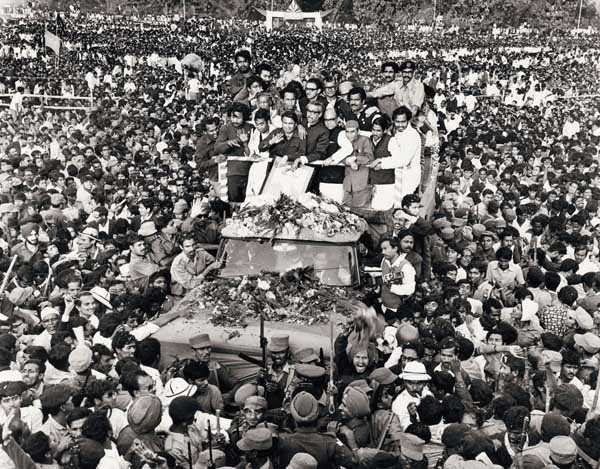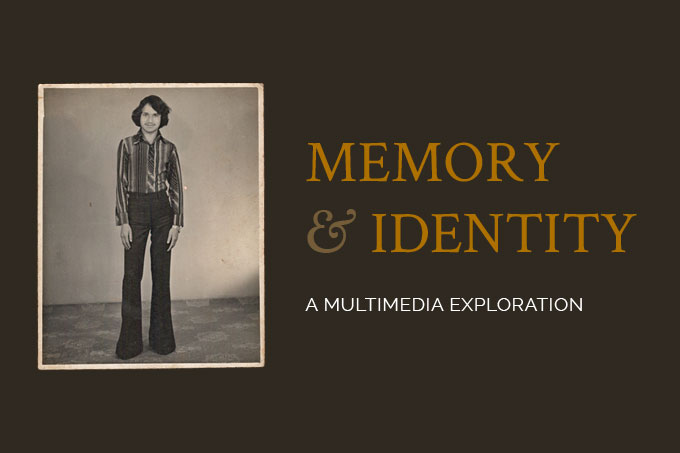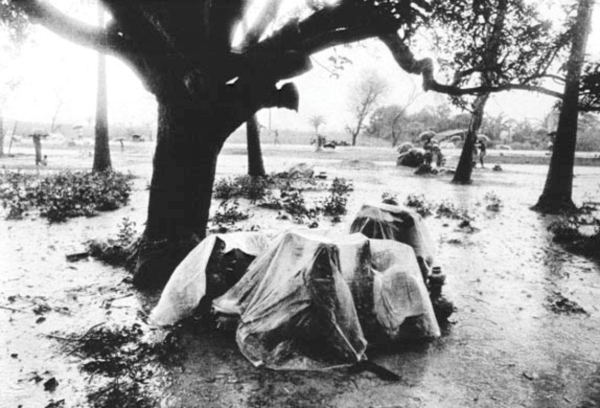
6th July 2005
?This man lying here, brought me to this world. He educated me, clothed and fed?me, stood by my own bed in hospitals, stood in the gap for me at school, prayed?for me unceasingly, blessed me, guided me and counseled me and gave me?strength to take the next step. Yet, I watch him lying here, and there is nothing I?can do to stop him from dying??These were my thoughts on a chilly morning in the last room on the left wing of?Lakeside Medical Centre in Kandy five years ago. I felt helpless and useless.
Here I was seated and watching his life ebb away and I could do nothing.?What use was I? Or anything else in this world, if it can?t save the life of a man?such as him ? my father. ?God, are you really there?? I asked a blank wall.?It was also Terryll?s birthday, so I had plans to go back to Colombo that day and?return the next day, to uselessly stand by him. Yet I wanted to be there, in my?desperation to share whatever he was going through. To let him know I was?there, because I believed that even in his comatose state, he heard our voices.
For only a week before, I had spent the whole day with him near his bedside and?sang all the old Tamil songs we used to sing as children. And I saw a smile and?a tear run down his cheek. So he heard me. And that tiny factor was comforting.?What was I trying to do? Ease my conscience? For all the time I did not spend?with him? For the trouble I put him through as a teenager? For the anxiety I gave?him as an adult? I didn?t know. Perhaps he knew. We bonded that day like never?before. Even in his state, we connected. Like we always did. My father and I.
I stood up to leave, my eyes never leaving the respirator and his one hand on?his belly moving up and down which was the only sign of life. And suddenly the?movement stopped. Just like that. I knew the end was here. I handed my baby?(Zoe was then nearly 2 years) to the nurse and although we were asked to leave?the room, I wanted to stay by his side. To make sure they did everything right.
Suddenly everything was clear to me. This was the end. It was time to let go.?This man lying here will no longer be my strength. I had to be his. I cradled his?head in my hands, I whispered ?Dada I love you. We all love you. Go in peace.??The medics turned him face up. He grimaced with his eyes closed. I put his?hands together, straightened his legs and once again held his head up so the?blood would flow out and not block his throat. I didn?t cry. I wanted him released.
His pulse had already stopped. The doctor asked if they could use the electric?shocks on him as a routine procedure. I told them to leave him alone. His face?relaxed, he looked so peaceful. I put my head down on his chest. There was?nothing. My everything was suddenly nothing. I still didn?t cry. I helped the nurses?take out the tubes and clean him up.
He looked so peaceful, in a long time. Yet through the 7 months since diagnosis,?he never once complained. Not even when they stuck needles in his stomach?to release the fluids. He would smile and thank the nurses and compliment on a?good job done. I turned around and held the doctor?s hands and thanked for the?efforts, I held the nurses hands one by one and thanked them too. That is what?he would have done. Blessed them and thanked them profusely. The pathologist?covered his face with his arm and sobbed against the wall. Dada had coaxed him?several years ago to pursue his studies and make a man of himself. There were?nurses in the room he had recommended for jobs.
I filled out the death certificate calmly. Everything was so clear and programmed.?Name of deceased: Walter Jonathan Sinniah. Time of death: 1.45pm. Cause of?death: General System Failure due to multifocal carcinoma of the liver. Parent?s?name: Peter Murugesu Sinniah and Mary Sinniah. Place of Birth: Deniyaya.?Place of burial: General Cemetery, Mahiyawa. Witness of death: Jeevani?Fernando. Relationship to deceased: Daughter. I couldn?t write anymore.?I wanted to remain a witness to his life rather than his death. I had witnessed 35?years of it that day. And even now, it is his extraordinary life that challenges me?on a daily basis. Not his death.
Jeevani Fernando



